As parents, we strive to give our children the best start in life, and that includes taking care of their oral health. Baby teeth, also known as primary teeth, play a crucial role in a child’s overall development. Knowing how to care for your children’s teeth can set them up for success and improve their health.

Why Baby Teeth Matter
Baby teeth may be temporary, but their significance cannot be overstated. They aid in proper speech development. They also help children chew food effectively. Baby teeth maintain the space for permanent teeth. Furthermore, they contribute to healthy self-esteem. Establishing good oral hygiene habits during this early stage sets the foundation for a lifetime of dental health.
Start Early
Good dental care begins even before your baby’s first tooth erupts. Gently wipe their gums with a soft, damp cloth after feedings to remove any bacteria or residue. This practice keeps the mouth clean and familiarizes your child with the routine.
The First Tooth
Around six months of age, your baby’s first tooth will likely make its appearance. It’s time to introduce a toothbrush! Use an infant-sized toothbrush with soft bristles and a small, pea-sized amount of fluoride toothpaste. Brush the tooth and surrounding gums twice a day, in the morning and before bed.
Transition to a Cup
Around the age of one, begin weaning your child from the bottle to a sippy cup. Prolonged bottle use, especially during sleep, can lead to tooth decay. Your dentist may refer to this as baby bottle tooth decay. Encourage your child to drink from a regular cup by their first birthday to promote healthier dental habits.
Healthy Eating Habits
A well-balanced diet plays a vital role in oral health. Limit sugary snacks and beverages, such as candies, sodas, and juices, as they increase the risk of tooth decay. Instead, offer nutritious options like fruits, vegetables, whole grains, and dairy products. They can provide essential vitamins and minerals for strong teeth.
Regular Dental Checkups
Make your child’s first dental appointment around their first birthday or when their first tooth appears. Regular checkups every six months help prevent dental problems and allow for early detection of any issues. It also enables the dentist to guide oral care tailored to your child’s needs.
Encourage Healthy Habits
As children grow, they become more independent in their oral care routine. Encourage them to brush their teeth but continue supervising until they can effectively brush and rinse independently. Positive reinforcement and setting a good example by practicing proper oral hygiene yourself can go a long way in cultivating healthy habits.
Dealing with Tooth Loss
Between the ages of six and twelve, your child’s baby teeth will gradually fall out to make room for permanent teeth. Teach your child the importance of not forcing or prematurely pulling out loose teeth. When a tooth falls out naturally, celebrate the milestone and remind them to take good care of their new, permanent teeth.
